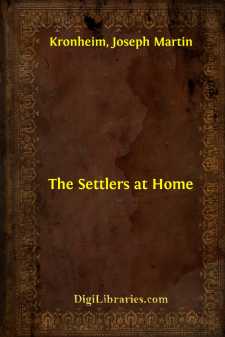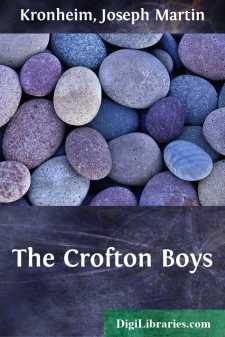Categories
- Antiques & Collectibles 13
- Architecture 36
- Art 48
- Bibles 22
- Biography & Autobiography 816
- Body, Mind & Spirit 145
- Business & Economics 28
- Children's Books 17
- Children's Fiction 14
- Computers 4
- Cooking 94
- Crafts & Hobbies 4
- Drama 346
- Education 58
- Family & Relationships 59
- Fiction 11834
- Foreign Language Study 3
- Games 19
- Gardening 17
- Health & Fitness 34
- History 1378
- House & Home 1
- Humor 147
- Juvenile Fiction 1873
- Juvenile Nonfiction 202
- Language Arts & Disciplines 89
- Law 16
- Literary Collections 686
- Literary Criticism 179
- Mathematics 13
- Medical 41
- Music 40
- Nature 179
- Non-Classifiable 1768
- Performing Arts 7
- Periodicals 1453
- Philosophy 66
- Photography 2
- Poetry 897
- Political Science 203
- Psychology 45
- Reference 154
- Religion 516
- Science 126
- Self-Help 85
- Social Science 82
- Sports & Recreation 34
- Study Aids 3
- Technology & Engineering 59
- Transportation 23
- Travel 463
- True Crime 29
Our website is made possible by displaying online advertisements to our visitors.
Please consider supporting us by disabling your ad blocker.
The Settlers at Home
Categories:
Description:
Excerpt
The Settlers at Home.
Two hundred years ago, the Isle of Axholme was one of the most remarkable places in England. It is not an island in the sea. It is a part of Lincolnshire—a piece of land hilly in the middle, and surrounded by rivers. The Trent runs on the east side of it; and some smaller rivers formerly flowed round the rest of it, joining the Humber to the north. These rivers carried down a great deal of mud with them to the Humber, and the tides of the Humber washed up a great deal of sea-sand into the mouths of the rivers; so that the waters could not for some time flow freely, and were at last prevented from flowing away at all: they sank into the ground, and made a swamp of it—a swamp of many miles round the hilly part of the Isle of Axholme.
This swamp was long a very dismal place. Fish, and water-birds, and rats inhabited it: and here and there stood the hut of a fowler; or a peat-stack raised by the people who lived on the hills round, and who obtained their fuel from the peat-lands in the swamp. There were also, sprinkled over the district, a few very small houses—cells belonging to the Abbey of Saint Mary, at York. To these cells some of the monks from Saint Mary’s had been fond of retiring, in old times, for meditation and prayer, and doing good in the district round; but when the soil became so swampy as to give them the ague as often as they paid a visit to these cells, the monks left off their practice of retiring hither; and their little dwellings stood empty, to be gradually overgrown with green moss and lank weeds, which no hand cleared away.
At last a Dutchman, having seen what wonders were done in his own country by good draining, thought he could render this district fit to be inhabited and cultivated; and he made a bargain with the king about it. After spending much money, and taking great pains, he succeeded. He drew the waters off into new channels, and kept them there by sluices, and by carefully watching the embankments he had raised. The land which was left dry was manured and cultivated, till, instead of a reedy and mossy swamp, there were fields of clover and of corn, and meadows of the finest grass, with cattle and sheep grazing in large numbers. The dwellings that were still standing were made into farm-houses, and new farmhouses were built. A church here, and a chapel there was cleaned, and warmed, and painted, and opened for worship; and good roads crossed the district into all the counties near.
Instead of being pleased with this change, the people of the country were angry and discontented. Those who lived near had been long accustomed to fishing and fowling in the swamp, without paying any rent, or having to ask anybody’s leave. They had no mind now to settle to the regular toilsome business of farming,—and to be under a landlord, to whom they must pay rent. Probably, too, they knew nothing about farming, and would have failed in it if they had tried. Thus far they were not to be blamed. But nothing can exceed the malignity with which they treated the tenants who did settle in the isle, and the spiteful spirit which they showed towards them, on every occasion....





